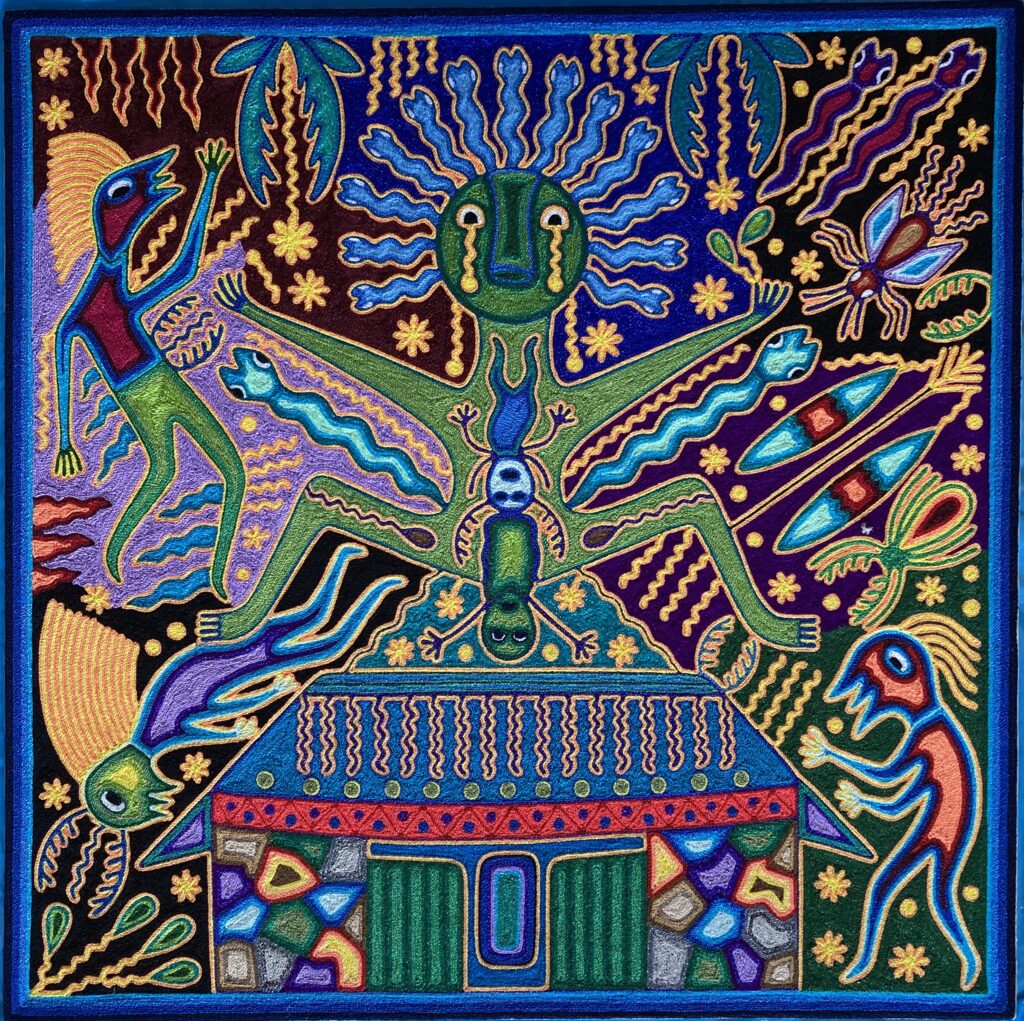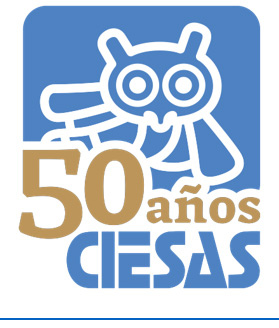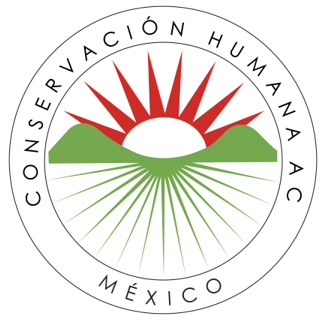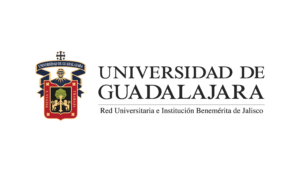- How The Intimate Lives Of Wixárika People Were Changed Forever
- Who are the Wixaritari or Huichol
- What is the Coloniality of Gender
- Contact Zone I: The Evangelisation of Intimate Life
- Contact Zone II: Patriarchy and ethnocide in the new Republic
- Contact Zone III: Nation, revolution and the modernisation of patriarchy
- Wixárika Women and Gender in the Indigenous 21st
- How The Intimate Lives Of Wixárika People Were Changed Forever
- Who are the Wixaritari or Huichol
- What is the Coloniality of Gender
- Contact Zone I: The Evangelisation of Intimate Life
- Contact Zone II: Patriarchy and ethnocide in the new Republic
- Contact Zone III: Nation, revolution and the modernisation of patriarchy
- Wixárika Women and Gender in the Indigenous 21st
How the Intimate Lives of Wixárika People were Changed Forever

In the primordial world Yurianaka is the maternity of the gods, the moist earth which gave origin to the first person Tatei ‘iku, the goddess of maize, and to the second Tatei Haramara. Together they created the world and all that is in it.
The lives of Indigenous Wixárika communities changed forever when Spanish colonisers invaded their lands in North western Mexico. Franciscan missionaries and later representatives and leaders of the independent Mexican state saw Wixaritari (pl) as savages and made them feel ashamed of their ancestral religion, knowledge, social practices and kinship relations.
'Maternity of the Gods' © Justo Carrillo de la Cruz y Ximena Carrillo Robles. 2022
Add transcribed text here
Audio: Inscription of the yarn painting narrated by Claudia De La Torre Carillo
When Mexico gained independence new laws and moral codes of conduct were imposed upon Indigenous communities and later enforced with corporal punishment. Although in Mexico today legislation has progressed in terms of gender and racial equality, many customary laws and social arrangements still reflect the values and ideas about marriage, gender and sexuality that were introduced during colonialism.
Follow the story












